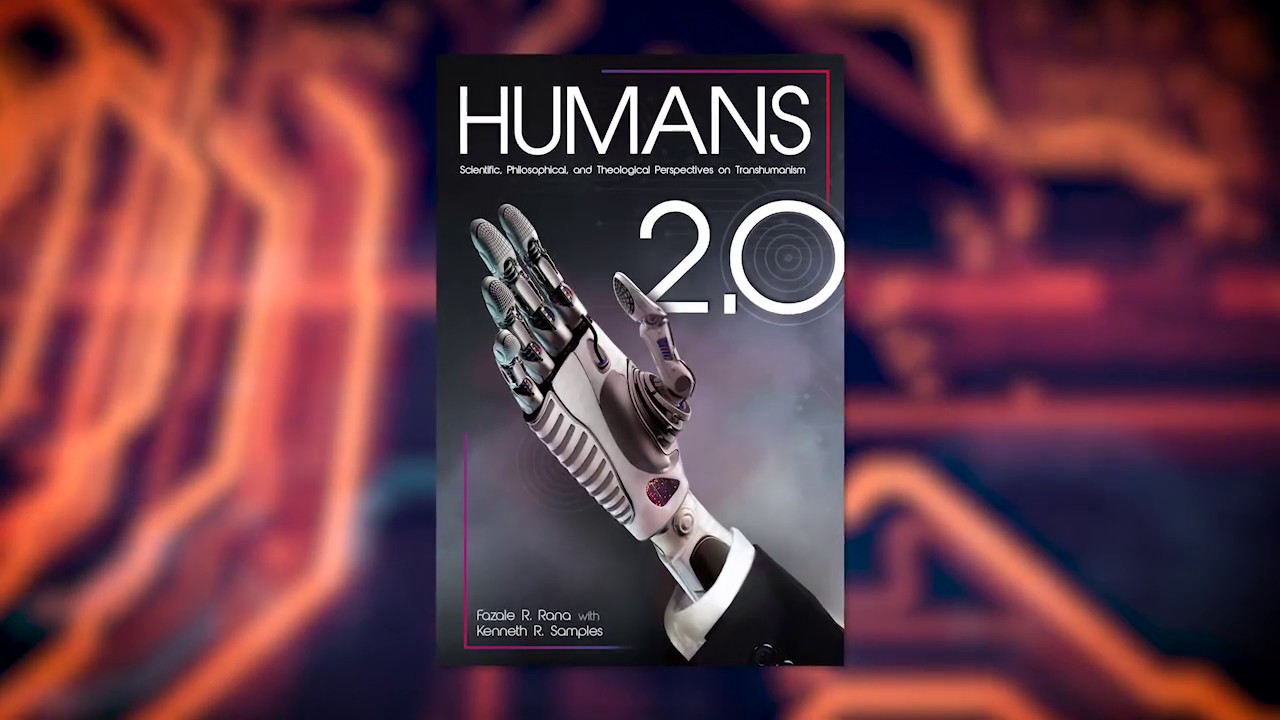
Humans 2.0 – A Serious Conversation About Science and Humanity
Man melding with machine. Anti-aging technology. Brain-computer interface. Gene-edited “designer” babies.
Some scientific advances go beyond helping humanity overcome obstacles. They actually begin to help humanity overcome, well . . . humanity! Hence, a new term has entered our cultural vocabulary: transhumanism. Technology threatens to literally leave humanity in the dust.
How should Christians respond to these emerging technologies? What’s so special about humanity, anyway? Shouldn’t religion stay out of science? Should we feel threatened by these technologies, or is it possible that they present an opportunity for the gospel?
Enter Dr. Fazale Rana. I recently got to have a conversation with Dr. “Fuz”, a biochemist who has extensively researched these technologies. And guess what? He has solid answers to my questions. When I saw that he and his colleague at Reasons to Believe, Kenneth Samples, were writing a book on Transhumanism (called Humans 2.0), I just knew that a conversation would be helpful and fascinating. I wasn’t disappointed.
In the conversation, Dr. Fuz shared a lot of wisdom. What I personally found the most helpful was his answer to the following question: How does a Christian respond to scientific advancements without being overly critical and curmudgeonly (think the Muppets’ Waldorf and Statler), but also without naïvely just accepting anything that comes along? His answer was incredibly helpful (Hint: It has something to do with the imago dei).







